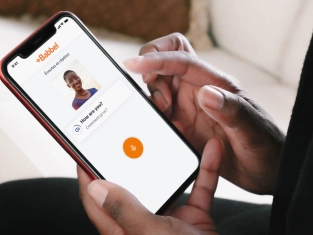by PushtoLearn
My apology vs My apologies
What Does "My Apology" Mean?
The phrase "my apology" is typically used when referring to a specific act of apologizing. It’s more formal and is usually followed by an explanation or a written statement. You might use "my apology" when you are acknowledging the act of apologizing itself.
➡️ Example Sentences:
"My apology for the late response is included in the letter."
(Here, "my apology" refers to the specific apology being made in the letter.)
"My apology was sincere, but it seems it wasn’t accepted."
(This sentence reflects on the specific apology that was given.)
What Does "My Apologies" Mean?
"My apologies" is a more common and versatile phrase used to express regret for something that has happened. It’s a polite way of saying "I’m sorry" and can be used in both formal and informal situations. This phrase can be used to apologize for multiple things or to soften the impact of the apology.
➡️ Example Sentences:
"My apologies for the confusion earlier."
(This means "I’m sorry" for causing confusion.)
"I didn’t realize the meeting had started. My apologies!"
(This is a quick, polite way to say "I’m sorry" for the oversight.)
Which One Is Correct?
⭐ "My Apology": Use this when referring to a specific act of apologizing or when discussing the concept of an apology itself. It’s less commonly used in everyday speech.
⭐ "My Apologies": This is the more commonly used phrase and is appropriate for expressing regret in most situations. It’s a polite and widely accepted way to say "I’m sorry."
Common Errors
❌ Using "My Apology" Instead of "My Apologies":
Since "my apology" is more formal and specific, it can sound awkward if used in situations where "my apologies" would be more appropriate.
❌ Assuming "My Apology" Is Plural:
Unlike "my apologies," "my apology" refers to a single act of apologizing, not multiple apologies.
Everyday Use
"My Apology": You might use this in a formal setting, such as in a written letter or when referring to the act of apologizing.
"My Apologies": This is more commonly used in spoken and written English to quickly and politely express regret or say "I’m sorry."
FAQ
Can I use "my apology" in casual conversation?
It’s better to use "my apologies" in casual conversation, as "my apology" is more formal and specific.
Is "my apologies" the same as "I’m sorry"?
Yes, "my apologies" is a polite way to say "I’m sorry" and can be used in most situations.
When should I use "my apology"?
Use "my apology" when you’re referring to a specific act of apologizing, such as in a formal letter or when discussing an apology you’ve made.
Can "my apology" refer to multiple apologies?
No, "my apology" refers to a single act of apologizing. For multiple apologies, use "my apologies."
Is "my apologies" too formal for everyday use?
No, "my apologies" is appropriate for both formal and informal situations and is commonly used in everyday language.

